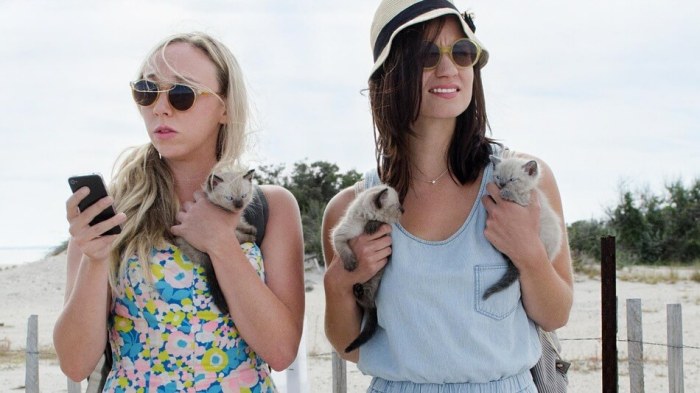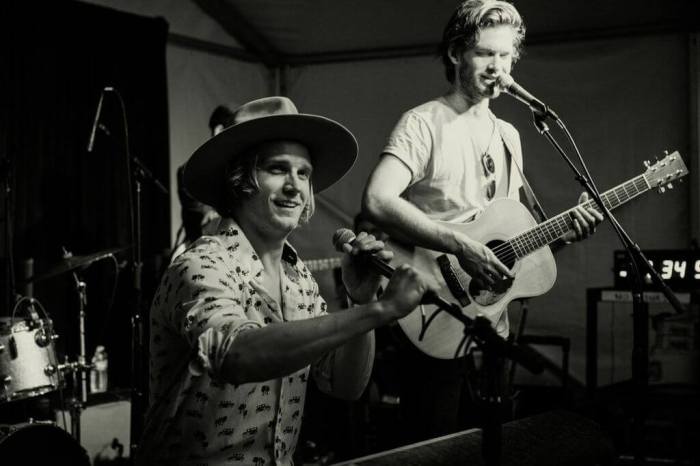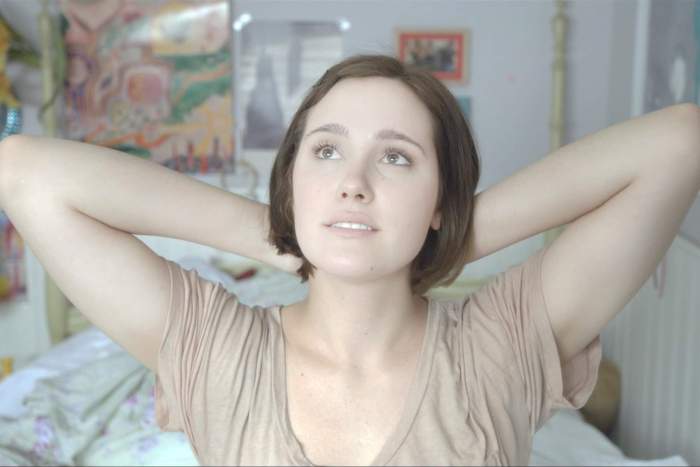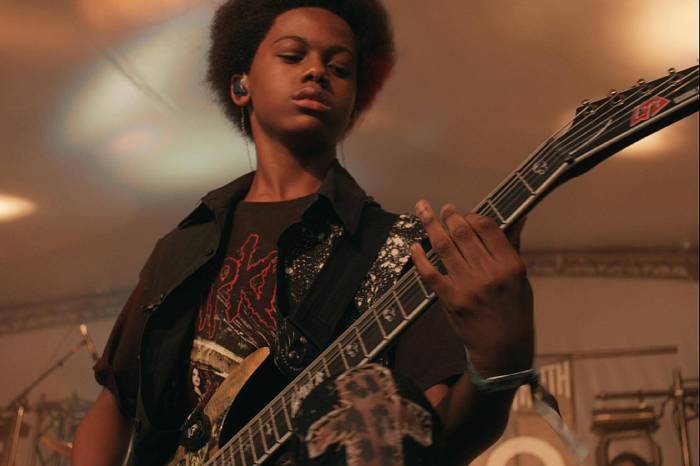Director and co-writer Justin Lerner and star Joseph Cross sit down with Metro to discuss their SXSW premiere, “The Automatic Hate,” a complicated and well-crafted drama about a young man (Cross) discovering an estranged uncle and cousins that had been kept hidden from him — and an intense connection to one of those cousins (Adelaide Clemens). So, about the title… Ricky Jay versus Richard Schiff is a really high-brow fight. Joseph, this guy is an interesting character. What was your process to figuring him out? The film does a great job of presenting a controversial topic without passing judgment on the characters. How do you maintain that? Follow Ned Ehrbar on Twitter:@nedrick
JUSTIN LERNER: Ricky Jay asked me, and I told him, “At the wrap if you do a really cool magic trick I’ll explain the title.” And he did, so I explained the title.
JOSEPH CROSS: I still don’t know what the title means, to be totally honest.
JL: That’s why we cast Ricky, we needed some on-set entertainment. We were in the middle of Upstate New York with no WiFi or cell service, we needed some entertainment.
JL: I love fights between old, neurotic New York Jews. I just think that’s the best. They were very good sports about it, but did you know Ricky actually is trained in photography fighting? He’s been an adviser and technical consultant on a lot of fight movies, and he actually was, I think, a black belt in karate. He’s not, like, doing somersaults for us but he knows how to make it look pretty. And it had to look sloppy and bad and ugly.
JC: Our stunt guy ended up with a nice big knot on his forehead by the end of it.
JC: Justin asked me to do the movie about a month before we started shooting, and we would spend an hour to two hours every day on the phone for that entire month. So I would sit at a coffee shop and go through the script with a fine-toothed comb and call and ask questions, and we’d make changes, so by the time we got on set we’d really, really dug into everything. As far as Davis is concerned, I think that he’s a little bit trapped in his life. I think that he’s in a relationship that isn’t really working out and they’re maybe not together for the right reasons, and I think that he struggles with the fact that he’s a chef while his parents would prefer he do a more white-collar job. And I think that he’s a little stuck. His life is sort of stagnating and I think he’s not totally happy when we first meet him. And then he goes off on this adventure where he kind of finds himself in a lot of ways. And one of the things he finds is that he’s attracted to his first cousin. (laughs)
JL: One thing I told Joe is that you start with a character that there’s a pervasive sense in his life that something’s missing. Something’s not right, there’s something that’s not operating on all cylinders. And then all of a sudden he finds out that there is something missing. And when you find out something that big, it comes down to the question who are we, really? A gigantic question mark in his lineage means “I thought I knew who I was, but now there’s this huge question mark that splits half of my family that I had no idea existed.” His process of finding out who they are is actually a process of figuring out who he is.
JC: From my perspective you just play the moments as they come along. I just believed Davis as a real person figuring himself out, hit with life’s little challenges and kind of continuing on. I don’t know, it’s just telling a story. There’s no real moral message of the movie. (laughs) And there’s no bad guy. It just is what it is — it’s this story, so I guess by not vilifying anybody, you just see a complex story unfold.
JL: From a director’s and writer’s point of view, I agree with everything he just said, but one of my old writing professors used to tell me this: My job is never to tell anyone how to feel or think but instead end a movie with a question — don’t provide any answers. Anton Chekhov says, “The storyteller’s job is not to provide the answers but to correctly state the question.” But when I’m looking at a story with conflict, it’s not about finding who is right. I go into every movie with the people who are doing the bad things and the people who are doing the good things — sometimes somebody doing the bad things and the good things in the same movie — and nobody is right. They’re both right. They simply disagree. That’s, I think, the most important part about storytelling.
SXSW in conversation: ‘The Automatic Hate’
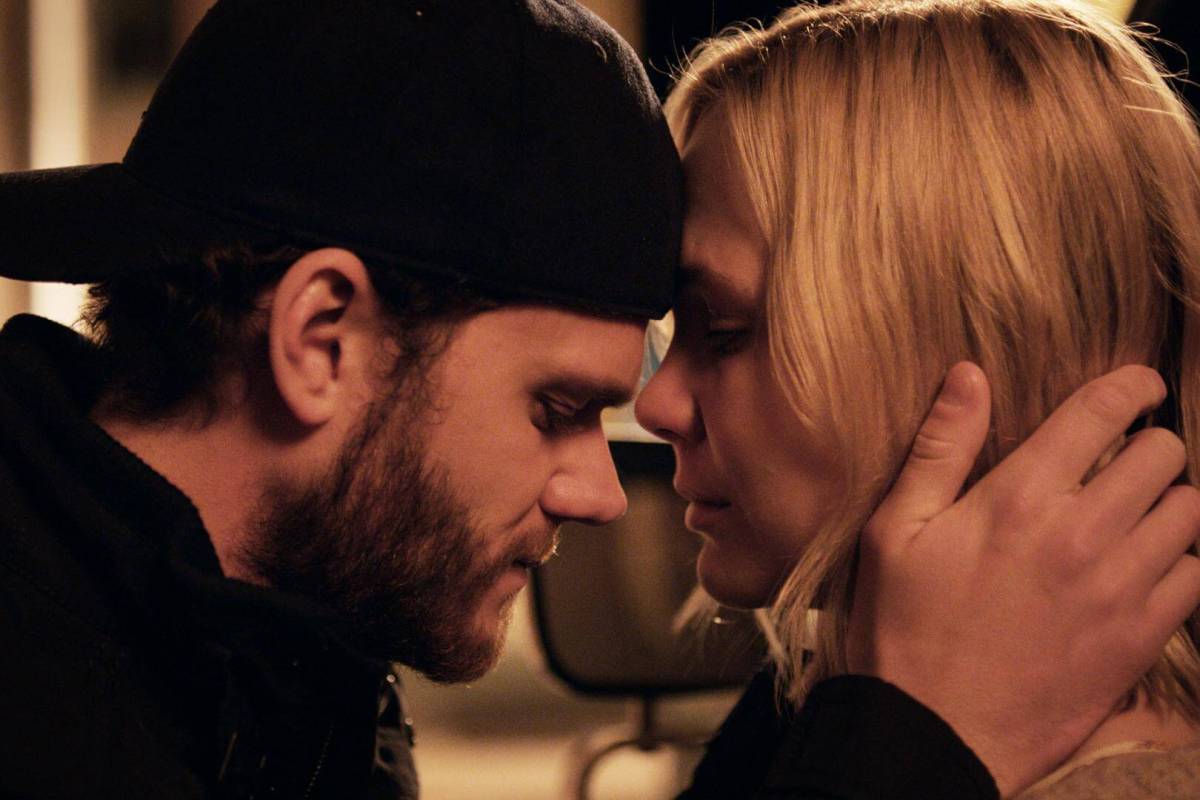
Quyen Tran











